The U.S. Tax Court issued an opinion yesterday (Ludlam v. Commissioner), which points out the problem that a taxpayer has who wants to challenge the taxpayer’s underlying tax liability in connection with a Collection Due Process Hearing.
In this case, the husband and wife taxpayers did not file their 2011 federal income tax return. The IRS filed a Substitute for Return for them and then subsequently issued them a Statutory Notice of Deficiency. The so-called Stat Notice or 90-Day Letter is a taxpayer’s “ticket to Tax Court.” If the taxpayer timely files a petition with the U.S. Tax Court within the 90-day period disputing the IRS’ Statutory Notice of Deficiency, then the taxpayer has the ability to challenge the underlying tax liability.
However, if the taxpayer fails to file a Tax Court petition in a timely manner, then later when the taxpayer wants to challenge the collection efforts by the IRS, the taxpayer cannot challenge the amount or existence of the underlying tax liability–it is simply too late.
If a taxpayer fails to file a tax return and the IRS files a Substitute for Return on the taxpayer’s behalf, the taxpayer can and should take prompt action to file the unfiled tax return that will take the place of the IRS’ Substitute for Return. However, if the taxpayer does not file a return, and the IRS sends the taxpayer a Notice of Deficiency, then the taxpayer should file a petition with the Tax Court if he or she wishes to challenge the underlying tax liability.
The moral of the story: always file your tax returns and if you get a 90-day letter and wish to challenge the IRS on the amount or existence of your alleged tax deficiency, you should make sure to file a petition with the Tax Court within the required 90-day period. Otherwise, when the IRS comes to collect the amount owed, it is too late to say you don’t owe it.
